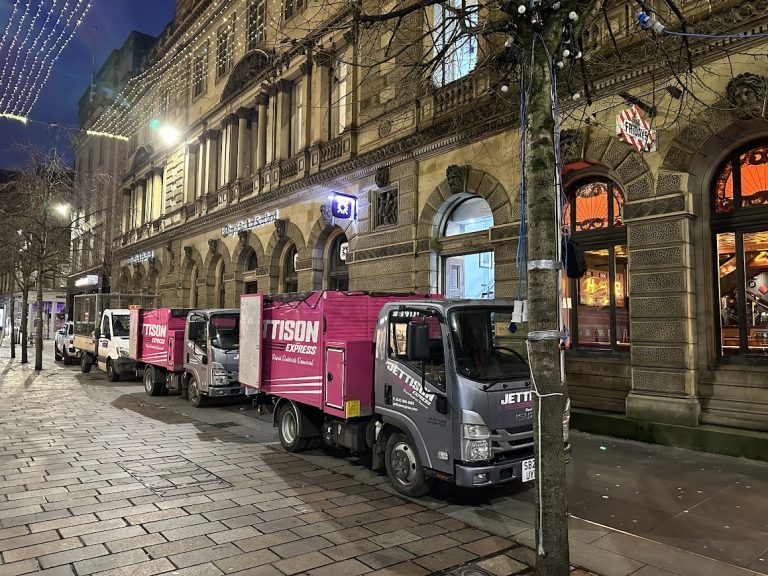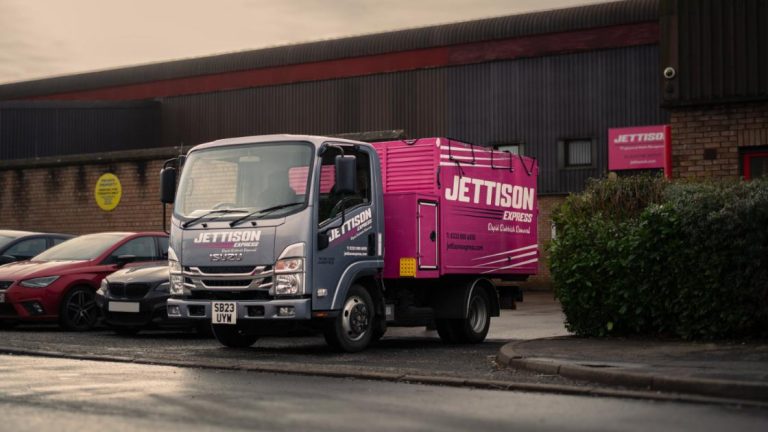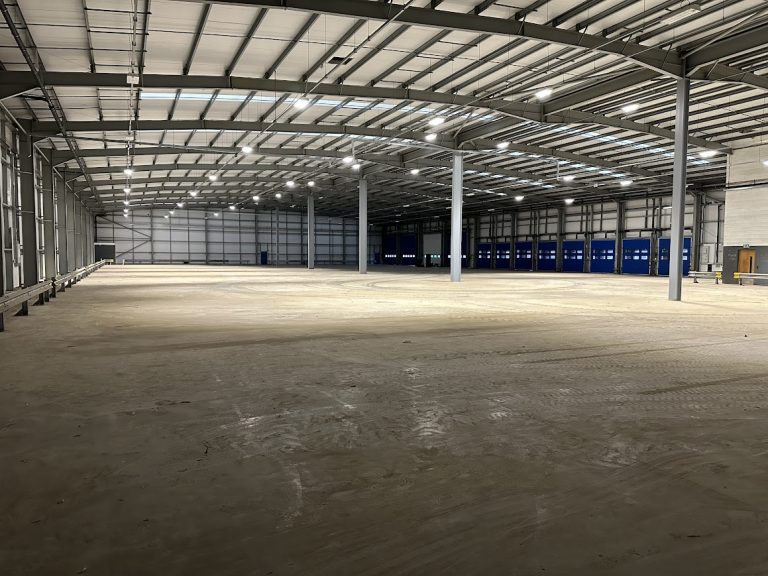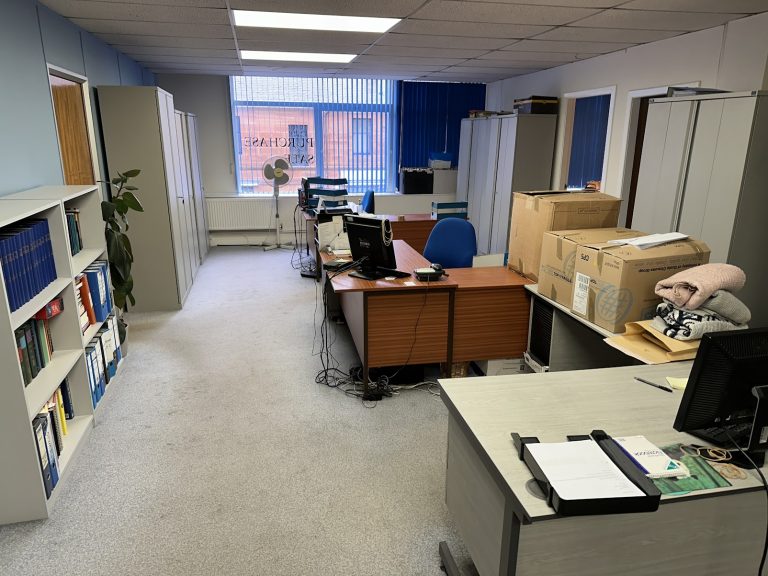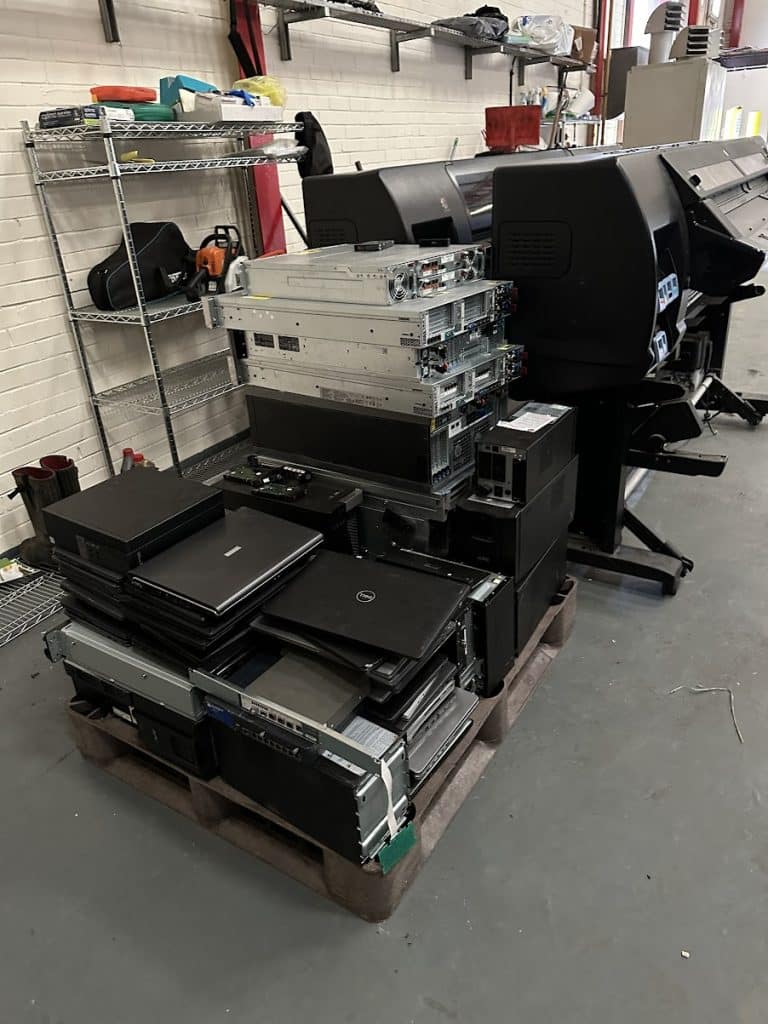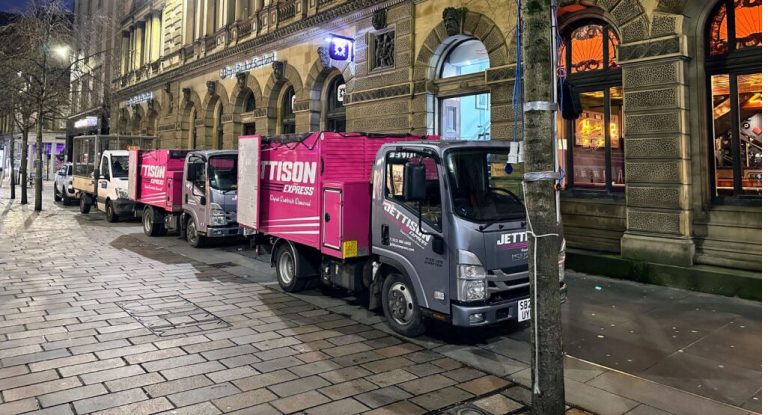Key Features of Professional Demolition Waste Removal
Demolition projects produce massive volumes of waste, which range from concrete and bricks to hazardous substances such as Asbestos. Expert Demolition Waste Disposal guarantees that the material is handled safely, efficiently, and environmentally friendly. In this detailed guide, we will look at the complicated nature of professional demolition waste collection, the best practices to follow, and how Jettison Commercial Clearances can help you achieve smooth waste management for your project.
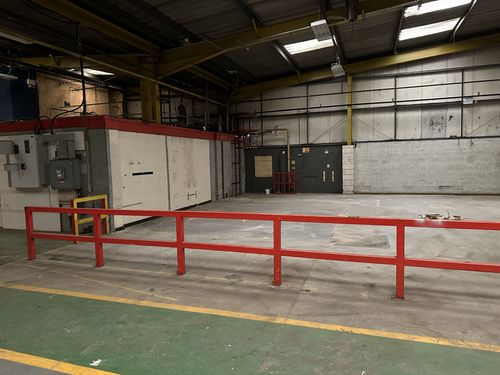
The Significance of Professional Demolition Waste Management Disposal
Demolition Waste Management Disposal is more than just clearing waste from an area. It is about ensuring that all waste generated is managed in accordance with regulations while limiting the environmental impact.
Here’s why skilled demolition waste disposal is important for construction and demolition projects:
Compliance with the Law
The disposal of demolition waste, particularly hazardous materials, is subject to strict laws. Noncompliance might result in significant fines and legal issues.
Environmental Friendly
Correct sorting and recycling of demolition waste will greatly minimise the amount of material transported to landfills, which promotes environmentally friendly practices within the construction industry.
Ensure Proper Disposal of Hazardous Waste
Hazardous materials, like as asbestos, may be found on demolition sites and must be handled with care. Professionals ensure that these substances are safely disposed of.
Keep Everything Organised
An effective waste disposal maintains the demolition site orderly, reducing the likelihood of accidents and ensuring a smooth project progress.
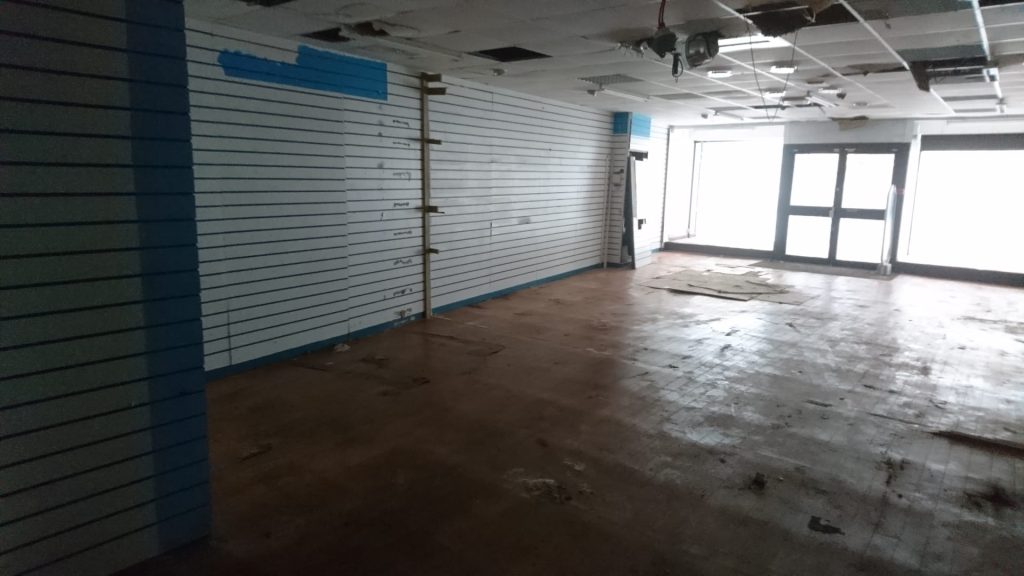
Important Features of Expert Demolition Waste Removal
Waste Assessment and Classification
To determine the types and amounts of waste expected, a thorough waste assessment is carried out prior to the start of any demolition operation as part of the construction site waste management plan. This classification helps in the creation of an effective waste management strategy.
Demolition waste falls into the following categories:
- Waste sorting techniques
- Disposal and Recycling Solutions
- Safety and Health Standards
- Emergency Plan
Effective sorting and segregation of waste
Efficient waste sorting and segregation on-site is vital for reducing disposal costs and increasing recycling. The following techniques can be used for sorting and segregation:
- Sorting Manually – Manually collecting waste for recycling or disposal.
- Density Separation – Separating materials by density (for example, air separators).
- Sorting by Machine – Using machines like trommels, screens, and magnets.
Give Priority to Recycling and Reuse
Professional demolition waste disposal should prioritise reuse and recycling as much as possible. Common recyclable demolition waste materials include:
- Bricks and Concretes
- Wood
- Metals
Proper Handling of Hazardous Waste
Handling hazardous construction materials necessitates specific knowledge. Asbestos is a prime example of this, and at Jettison Commercial Clearances, we handle asbestos removal in the following manner:
- Identifying materials that contain asbestos
- Safely enclose or remove asbestos.
- Carry asbestos to the designated disposal facility
Proper Waste Removal and Crushing Services
Non-recyclable waste may need to be disposed of in landfills. Crushing services assist reduce waste volume, making transfer easier and cheaper.
Maintain Records
Expert demolition waste removal requires meticulous documentation of different types of waste, quantities, and disposal procedures.
Certifications
A company’s dedication to sustainability can be proven to clients by obtaining a certification, such as ISO 14001 (Environmental Management).
The Best Practices for Expert Construction and Demolition Waste Removal
Waste Management Professionals’ Early Involvement
Involve the waste management experts early in the project planning stage to identify possible obstacles and create workable solutions.
Follow a waste hierarchy
To reduce your environmental impact, follow the waste hierarchy (Reduce, Reuse, Recycle, Recover, and Dispose).
Staff Training on a Regular Basis
Ensure that all staff members are trained in the proper management and segregation of demolition waste.
Monitor and improve waste management plans
Regularly review the DWMP to ensure that any changes in project scope or regulations are accounted for.
Work with Authorised Partners
Work with authorised recycling facilities and disposal partners to ensure compliance while reducing environmental effects.
Frequently Asked Questions
What kind of waste is generated during demolition?
Demolition produces inert waste like bricks and concrete, non-hazardous waste like wood and metals, and hazardous waste like asbestos, chemicals, and other type of waste.
Can we recycle all demolition waste?
Some demolition waste cannot be recycled and must be documented on a waste transfer note. Concrete, metals, and wood, on the other hand, are often reused.
Why is it essential to hire professionals to remove demolition waste?
As different types of waste is produced, an expert demolition waste disposal company is invaluable as it assures proper treatment of hazardous materials, regulatory compliance, and environmental sustainability.
What is the process for handling asbestos during demolition?
Asbestos is detected through surveys, encapsulated or removed by specialists, and disposed of at licenced facilities.
What is the definition of a Demolition Waste Management Plan (DWMP)?
A DWMP is a detailed plan covering waste management protocols, recycling plans, and safety precautions for a demolition operation.
What role do crushing services play in the clearance of demolition waste?
Crushing services minimise the volume of waste, making it easier to transport and reuse as aggregates.
What precautions are implemented during demolition waste removal?
Waste segregation, proper personal protective equipment (PPE) use and strict attention to safety regulations are all examples of safety measures required to dispose of waste safely.
What characteristics should I seek in an excellent demolition waste removal company?
Consider certifications (such as ISO 14001), experience, excellent customer feedback, and comprehensive waste management services for the construction industry.
Conclusion
Expert demolition waste removal is essential for ensuring that waste is disposed of safely, efficiently, and environmentally, in line with construction waste management best practices. Jettison Commercial Clearances is your go-to partner for comprehensive demolition services, including professional demolition waste removal. Our extensive range of demolition services includes asbestos removal, crushing, demolition consulting, and an emergency demolition number. Contact us today to learn more about our services and how we can assist you with your construction project.

